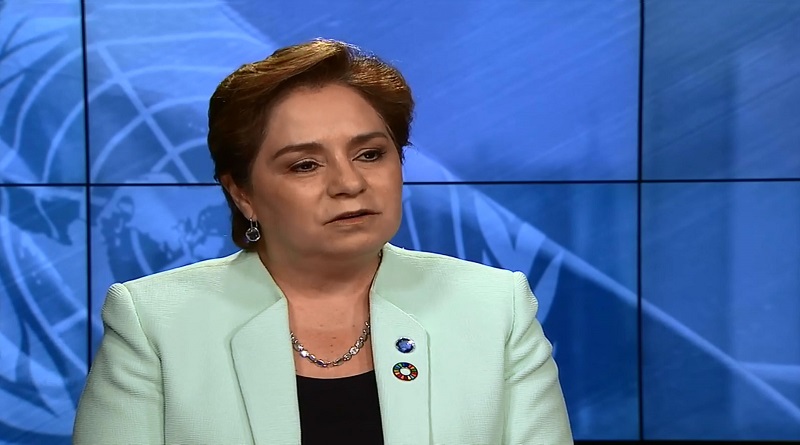UN climate body conducts virtual review of climate policy, actions
Determined to continue crucial mandated work during the COVID-19 pandemic, the UN Climate Change secretariat has conducted a virtual review of the climate policy and climate action reporting by 16 developed country Parties in March and April.
Biennial Reports of Austria, Canada, France, Greece, Ireland and Spain were reviewed last week and Reports of 10 Parties (Australia, Germany, Finland, the EU, Italy the Netherlands, Norway Portugal, Sweden and Switzerland) were reviewed in March.
The virtual review of the 4th Biennial Reports was conducted with 67 international experts, who performed their function as reviewers.
Reviews showcase whether countries are on track to meeting their 2020 climate targets and whether they are likely to meet their 2030 targets based on projections of their level of greenhouse gas emissions. For most developed countries, the reviews also showcase the financial, technological and capacity-building support provided to developing countries.
The virtual review found that due to climate policies and actions implemented, and based on 2017 factual greenhouse gas emissions data, the 16 developed countries are reaching their 2020 climate targets.
The virtual review also found that the focus of countries’ climate policy is shifting towards their post-2020 target. This specifically refers to reaching their 2030 targets and drawing the trajectory towards 2050. One example of this shift in focus is showcased through the EU’s Green Deal launched in 2019, which represents a commitment by the EU to become climate neutral by 2050.
UN Climate Change will publish reports on the review in due course.
Developed countries report on their climate policies and actions every two years. These reports are then reviewed as an important part of the UNFCCC measurement, reporting and verification (MRV) system , developed to provide greater transparency on countries’ climate actions.
The reviews of Biennial Reports by developed countries have been a well-established part of the current MRV system of the UN Climate Change process. Along with the technical analysis of the Biennial Update Reports by developing countries, this process forms a solid basis for the enhanced transparency framework (ETF) for national action under the Paris Agreement.
The current MRV system is set to transition to the ETF, which will require stronger reporting by both developed and developing countries. UN Climate Change has scaled up its work and support to countries to enable the smooth transition to the ETF. This includes dialogue and work with key stakeholders, as well as support in the UN climate change negotiating process.
While conducting the review virtually presented some challenges, it was much welcomed overall.
One reviewer stated: “For me as a new reviewer, on the whole, the review went well through teleconferencing, despite the connection problem my country is currently experiencing.”
Another agreed and said: “Thank you for the opportunity to work in this environment. However, face to face is much better.”
As a result of the review, all experts learned about climate change policies in other countries and enhanced their understanding of the MRV process, which is critical while moving towards the ETF.
The sharing of experiences, insights learned and capacity-building that takes place during these reviews are key highlights of the review experience. This is recognized by both the experts and the Party under review.
As one reviewer put it: “The review provided opportunities to connect with fellow reviewers. I appreciate diverse approaches in reporting among the EU and non-EU countries, and as a report compiler, I will use the experience for the preparation of the next Biennial Report.”
Reviewers are the most experienced technical experts engaged in the reviews under the Convention that aim to ensure consistency, efficiency, quality and objectivity of the reviews.
The review reports will serve as an input to the Multilateral Assessment (MA) scheduled at the sessions of the Subsidiary Body of Implementation in 2020 and 2021 and to the Global stock-take, scheduled to take place in 2023, which takes stock of the implementation of the Paris Agreement every five years.




